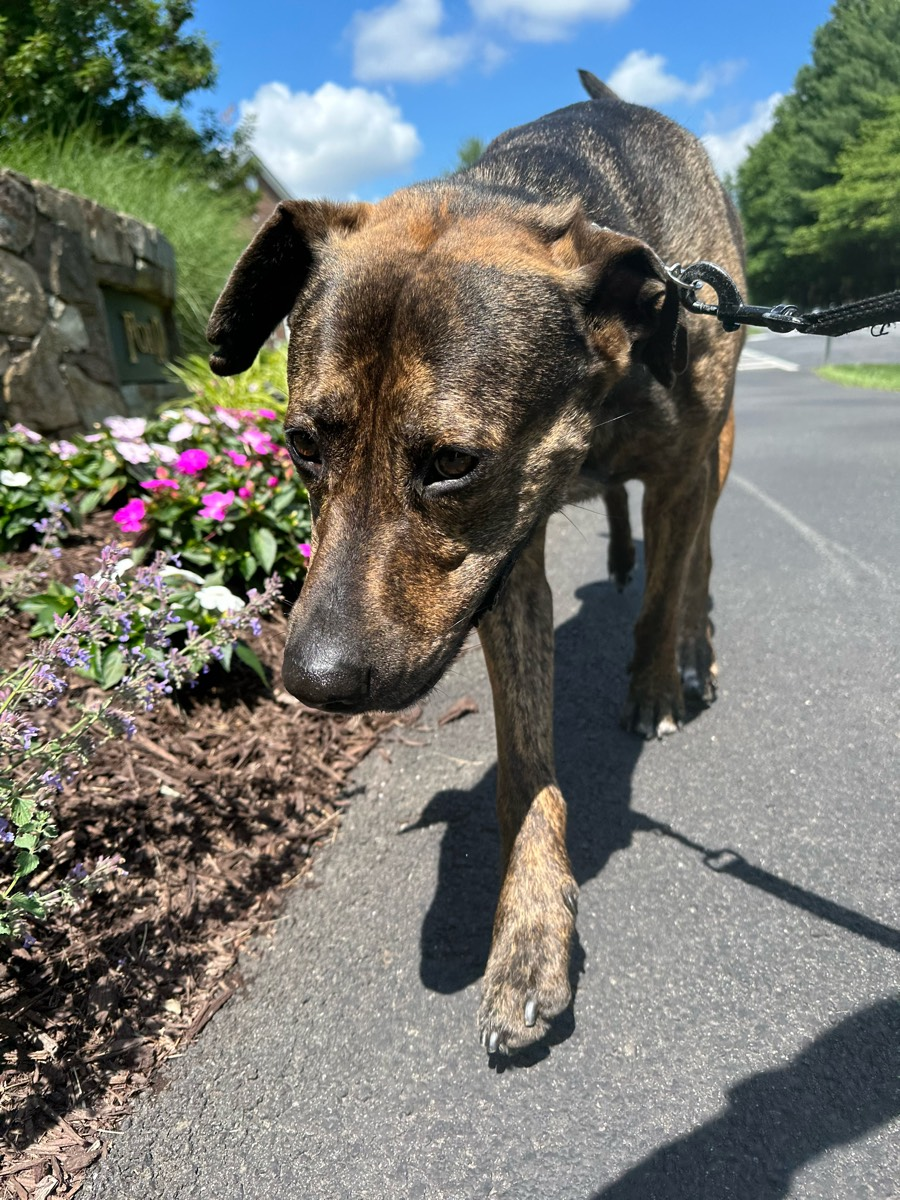Common Springtime Pet Hazards
- info7404446
- Mar 6, 2025
- 3 min read
By: Natalie Pons, Office Manager at Pawsitivity Pet Services

Spring is a wonderful time of year! The weather warms up, the grass starts to get green again, we can finally spend more time outdoors with our furry friends and don’t forget about the cherry blossoms! However, it is important to be aware of the potential dangers that spring can bring for our pets. By understanding these hazards and taking some precautions, you can ensure a safe and happy spring for your pet!
Toxic Plants and Flowers
Many spring flowers and plants are poisonous to pets. Some flowers and plants to avoid are as follows:
Lilies
Oleander
American Yew
Dumb Cane/Dieffenbachia
Amaryllis
Azaeleas
Wisteria
Tulips
Aloe plants
Begonias
Daffodils
Peonis
Tulips
Jade plants
Daisy

The American Society for the Prevention of Cruelty to Animals has an extensive list of “plants that have been reported as having systemic effects on animals and/or intense effects on the gastrointestinal tract” (ASPCA). You can filter for both toxic and non-toxic plants and sort for cats, dogs, horses, or any combination of the three.
Easter Baskets
Easter baskets often contain chocolate, candies and plastic grass, all of which can be toxic to pets. Chocolate is especially dangerous for dogs due to theobromine, which can cause vomiting, diarrhea and even seizures. Additionally, candies may contain xylitol, an artificial sweetener that can lead to liver failure, as discussed in our Fall Holiday Dangers Blog back in November. Plastic grass, often used as the bottom layer of an Easter basket can cause intestinal blockages if ingested.
Spring Cleaning Supplies
Many cleaning products contain harsh chemicals like ammonia, bleach, and phenols. This can cause a range of issues, from skin and eye irritation to respiratory problems, vomiting, diarrhea and even organ damage if ingested or inhaled. Even “natural” cleaners can be problematic if they contain certain essential oils that can be toxic to cats and dogs. Some examples of essential oils to avoid are: tea tree oil, peppermint oil, citrus oils, cinnamon oil, pine oil and more.
To prevent potentially harmful impacts, opt for cleaning products specifically formulated to be safe for pets. Additionally, ensure good ventilation when using cleaning products - like opening windows and doors to prevent the build up of fumes. Finally, store all cleaning products in secure cabinets or shelves, out of reach of pets.
Increased Outdoor Activities

With warmer weather, we tend to spend more time outdoors with our pets. While getting out to enjoy the fresh air and sunshine is awesome, you should always be aware of the potential dangers that come with increased outdoor activity.
First, increase in temperature means an increase in fleas, sticks, and heartworm-carrying mosquitoes. These pests can transmit diseases and cause significant discomfort to your pet. Always speak with your veterinarian for best prevention measures. For example, you can discuss year-round preventative medication for fleas, ticks and heartworms.
Another hazard to keep in mind are venomous creatures. Snakes and spiders become more active in the spring. Their bites and stings can be painful and sometimes life-threatening. Always be aware of your surroundings when out hiking or walking in wooded areas and as always, keep your pet on a leash.
Finally, stings from bees, wasps and hornets can cause pain, swelling and allergic reactions in pets. Be careful around flowering plants and always supervise your pet closely when outdoors and prevent them from sniffing or digging in areas where stinging insects might be present.
Fertilizers and Pesticides

Fertilizers and pesticides can be toxic if ingested by pets. Always follow the label instructions and keep your pets away from treated areas until they are safe.
According the the ASPCA, “fertilizers are irritating to the gastrointestinal tract when in ingested… [and] can cause severe vomiting, diarrhea and even neurologic signs such as hindlimb weakness/pain, uncoordinated walking and tremors” (ASPCA). It is always best to supervise your pets at all times when they are outside but especially so after you’ve used any fertilizers and/or pesticides. As always, seek veterinary care immediately if you suspect your pet has ingested either of these products.
Wrap Up
We hope this blog will help you keep your pet safe as you enjoy the upcoming spring weather!
Sources:




Comments